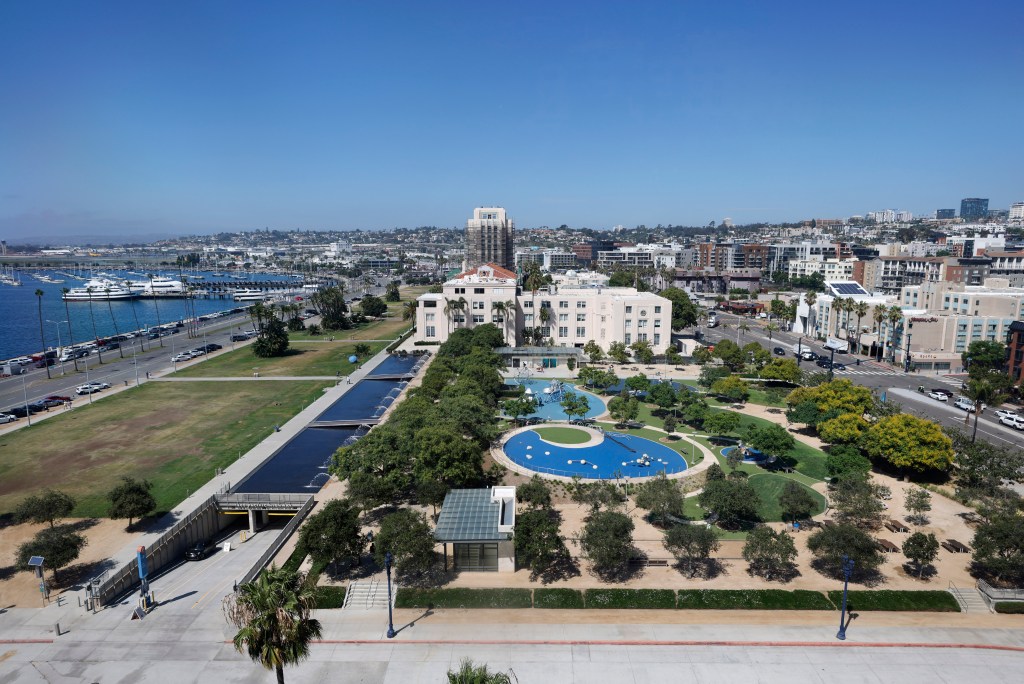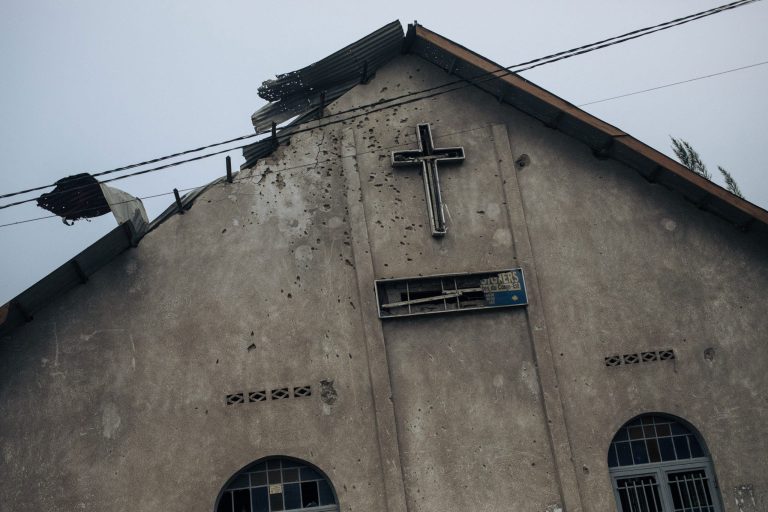

San Diego city officials are moving to address a growing budget shortfall with proposed cuts, service reductions and fee increases for everything from parking to swimming in municipal pools to trash pickups.
Also on the table: public blowback and strife at City Hall.
County supervisors no doubt are paying attention. Down the line, their lot may be similar.
For years, the city has struggled to close a recurring “structural deficit” that nevertheless remains. The county, after many years of financial stability and limited services, is now in an era where its spending is outpacing anticipated revenues.
The reasons are complex, but the region’s two largest local governments have increased staff, approved pay raises and expanded services. Among other things, the city has boosted its spending on assisting homeless people while the county has ramped up its mental health programs, some of which also are targeted toward those living on the street.
Meanwhile, hundreds of millions of dollars in one-time federal and state COVID-19 pandemic assistance has been baked into some ongoing programs, and that funding is running out. All the while, sales tax revenues have slowed.
Similar factors, along with weak ridership, already have led the San Diego Metropolitan Transit System to consider service cuts, fare hikes and a sales tax increase.
The trajectories for the city and county are somewhat parallel in that their budget shortfalls will grow in the coming years without stiff action, though the county’s gap is smaller at the moment.
In recent months, the city has been scouring the fiscal landscape for additional revenue, reworking leases on city properties and considering charging residents more for just about everything. That became necessary after voters narrowly rejected a 1-cent sales tax increase that would have boosted city coffers by $400 million annually.
The Measure E tax would have more than covered the looming $258 million shortfall in the city’s $2.5 billion general fund. The city’s overall budget is $5.6 billion. Over the next four years, the total shortfall is estimated to reach $1 billion.
On Tuesday, Mayor Todd Gloria announced modest savings of $5.3 million through consolidating departments and enacting other bureaucratic efficiencies. Clearly, the real heavy lifting of negotiating cuts and fee increases with the City Council is yet to come.
“This is just the start,” Gloria said. “There’s a lot more work to be done.”
By comparison, the county is just starting to explore its options to deal with a budget gap. Thus, there’s less attention and controversy on what is happening at the County Administration Center, but that likely will change.
The county is anticipating a budget shortfall of $138.5 million next fiscal year — in an annual budget of $8.5 billion — and $321.8 million by 2030.
Terra Lawson-Remer, acting chair of the Board of Supervisors, next week plans to ask fellow supervisors to commission an analysis of options for raising revenue over the long term, including a possible tax increase. Lawson-Remer initially docketed the item for last week, but it was delayed.
Among other things, the supervisor’s plan involved hiring consultants not only to examine financial alternatives, but to survey the public to help determine what residents might accept.
Proposals to spend even a relatively small sum on this early step could be controversial if the action is seen as potentially leading to a tax increase, however. Keep in mind that when Democratic Supervisor Nora Vargas unexpectedly stepped down late last year, that left a 2-2 split on the board between Democrats and Republicans.
A special election to fill the vacancy has been scheduled for April 8, with a likely runoff July 1. Parenthetically, Gloria and all nine City Council members are Democrats, and they already have had some high-profile disagreements on addressing the budget shortfall.
Lawson-Remer, a Democrat, said the county revenue assessment, should it be approved, likely would look at all sorts of alternatives, including raising money by creating a stormwater district that charges fees for capital improvements. The supervisor acknowledged the possibility of pursuing a sales tax increase in a recent interview, but added, “I’m not focused on that, per se.”
New taxes and fees have had a rough ride in San Diego lately. In addition to the city sales tax rejection, voters countywide narrowly defeated a half-cent transit-focused transportation sales tax in November. A City Council proposal for a stormwater tax following the devastating floods in January 2024 never made it to the ballot.
In 2022, city voters did approve Measure B, a ballot measure that cleared the way for the city to begin charging fees for trash pickup for single-family homes — something common in most every other city. But the recently proposed monthly full-service rate of $53 was higher than initial estimates and faced some immediate opposition.
Lawson-Remer has been outspoken in raising concern about potential negative economic impacts from actions by President Donald Trump, and their effect on county revenues and programs. Trump has launched a broad array of cuts in federal government spending.
Further, tariffs Trump is pursuing on goods from various countries, particularly Mexico, would hit San Diego hard.
“We’re seeing a lot of headwinds coming from Washington,” Lawson-Remer said, adding that some of Trump’s emerging policies are “creating a certain amount of risk” for the region.
Whether or not actions in Washington make things here worse, the city and county of San Diego already were facing a rocky budget road for some time to come.






